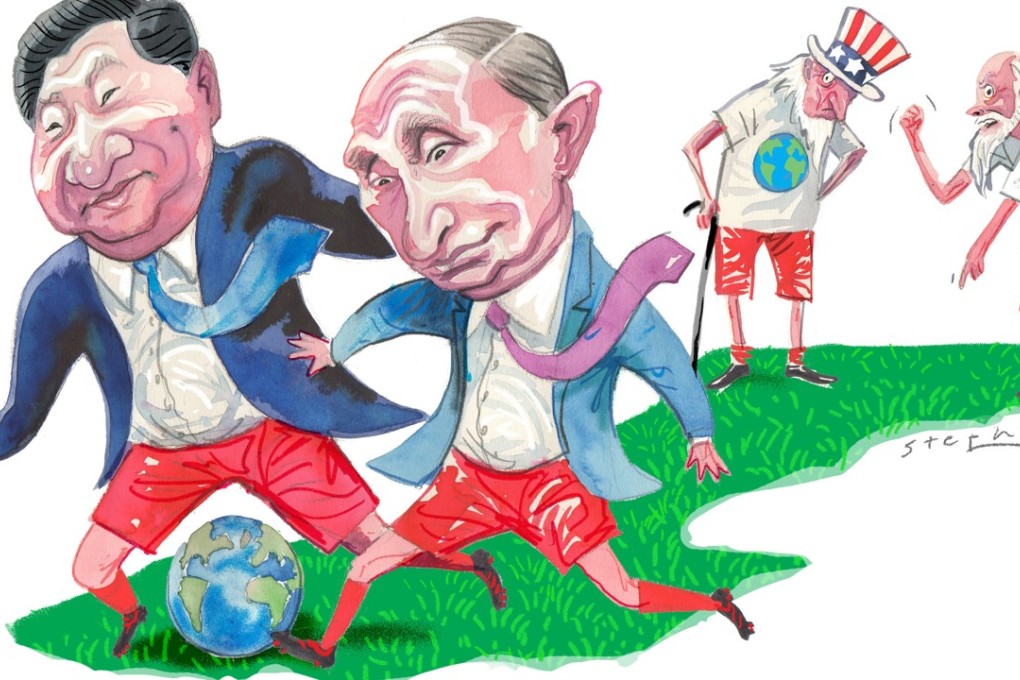The US-led global order is faltering, but two steps can reform it before it breaks
Humphrey Hawksley argues that multilateral institutions, namely the UN and EU, need reforms that limit the powers dominant nations have flaunted and which address the concerns of the discontented. They should also stop stereotyping China and Russia, pushing them to set up a rival order

Even now, China needs the West more than the West needs China. China, however, is stepping into an array of vacuums created by economic crises, weak governance and unpredictable populism, yet neither Beijing nor Moscow has the wherewithal to build rival institutions of the strength that has allowed the West to hold sway in the world order for centuries.
Still, the speed of China’s rise and Russia’s aggressive resurgence have caught the West on the back foot, exposing many Western-dominated global and regional organisations and rules as outdated and ineffective.